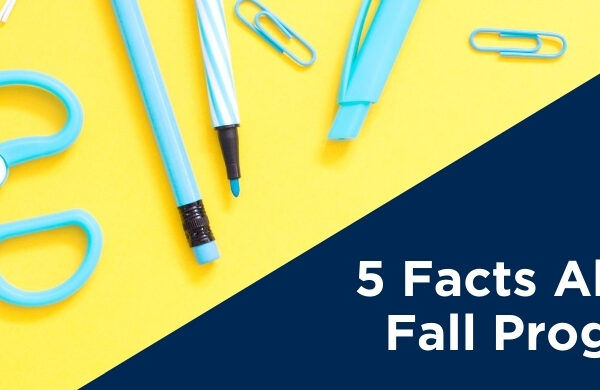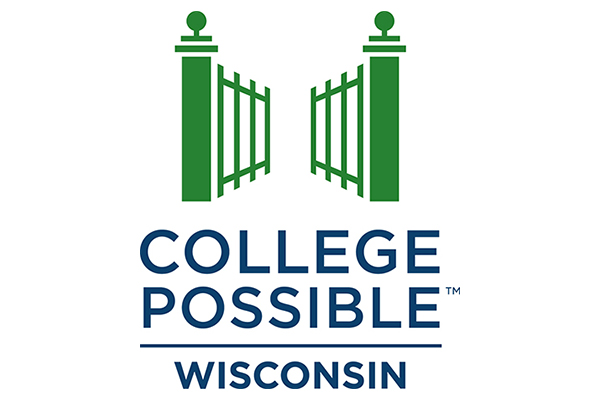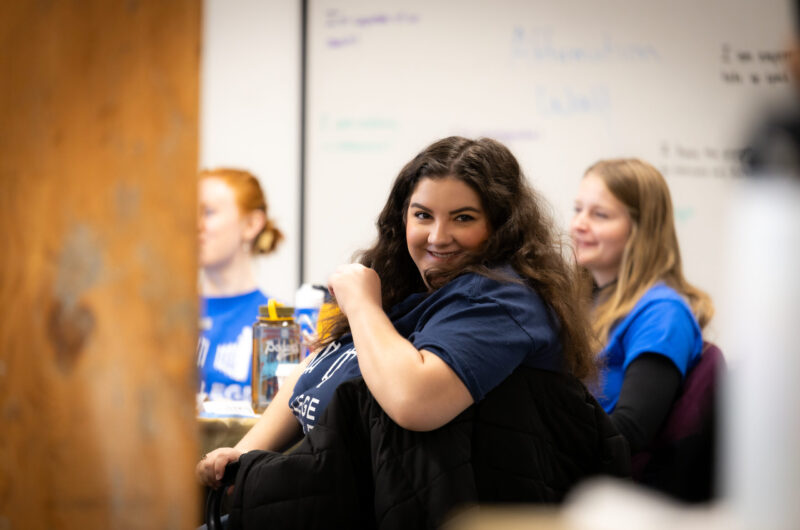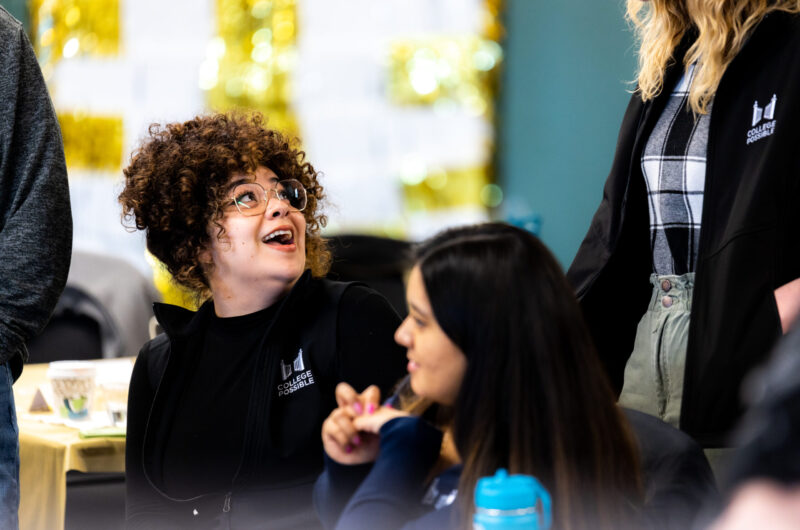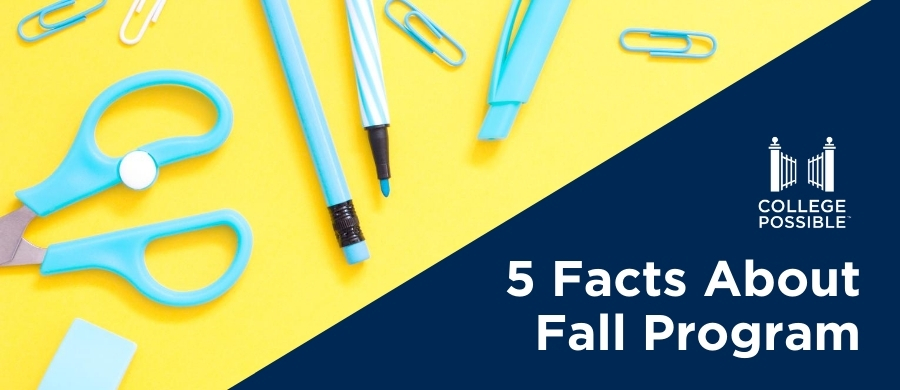 This week we begin a new school year, and we’re thrilled to get to work serving talented metro area students.
This week we begin a new school year, and we’re thrilled to get to work serving talented metro area students.
Our fall program looks different from years past, but the high quality content, consistency and commitment to student success remain the same. This year, we will provide students with additional resources and guidance on how to succeed in remote learning, too.
Here’s what you can expect this fall:
1. Coaches receive three weeks of training. Recent college graduates serve the Omaha community as AmeriCorps members, and coach students attending nine local high schools and more than 80 colleges and universities. Coaches receive three weeks of virtual training plus ongoing support to help them meet the college readiness and persistence needs of students. Training topics include the higher education landscape, student outreach techniques and tools for professional growth.
2. Virtual program features individual and group sessions. We will continue to serve students throughout the fall semester using the virtual model adapted in March. Although we look forward to returning to in-person service, our remote program allows us to safely and equally assist students. Each student is supported through one-on-one conversations, group sessions and informational newsletters.
3. Curriculum subjects depend on grade level and individual needs. In the fall, students participate in college discussions, goal-setting, and tracking their progress. Conversations are based on individual enrollment status.
- Juniors learn about the college landscape, research colleges, receive test preparation, become familiar with The Princeton Review, and take an ACT practice test.
- Seniors discuss college best fit factors, update their Top 5 college lists, secure recommendations, register for the ACT, and begin to apply for financial aid and to colleges.
- College students discuss their academic progress, how to manage virtual coursework, utilizing institutional resources, the financial aid renewal process, and registering for courses.
4. Partnerships provide greater college access. Four-year institutions partnered with College Possible are committed to the academic success of students from low-income backgrounds. Partner institutions help students find financial aid packages to make admission affordable, and aim to increase diversity and inclusion in post-secondary education. We partner with the following institutions to support students: University of Nebraska at Omaha, Nebraska Wesleyan, Doane University, and Wayne State College.
5. Students can still apply. Students entering their junior year of high school with a grade point average of 2.5 or higher and show a financial need can apply to join the program. The process includes submitting an application, parent or guardian permission form, school transcript and attending an interview. Fall conversations cover college exploration and identifying student collegiate goals. Students must also attend one of our nine partner high schools around the metro.
For more information about students, partners and programming, go to CollegePossible.org/Omaha.
